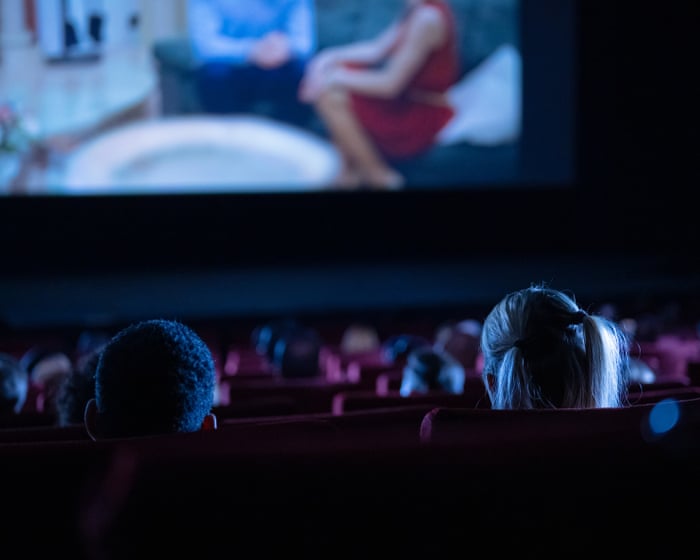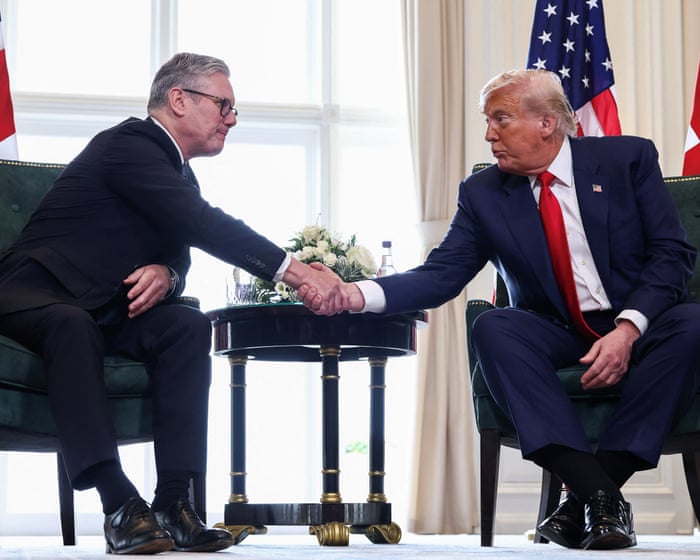Forty years ago this week, I started my first day as a professional journalist at the BBC. The organization I joined then is nothing like the BBC of today. For most of its history, the BBC had generally supported the status quo, but under its director general at the time, Alasdair Milne, journalists were occasionally given the freedom to challenge those in power. That, to me, is the very purpose of journalism—though it rarely happens.
As a student, I had repeatedly approached the BBC’s Natural History Unit, arguing that there was a major gap in their coverage: investigative environmental reporting. I told them that if they hired me, I could help fill that gap. Just as I was leaving for one of my final exams, the phone rang. It was the head of the unit, who said, “You’re so damn persistent, you’ve got the job.”
My first boss, the head of radio, told me to “get the bastards.” Back then, investigative journalists had much more freedom. It was easier to get approval to create a fake company, pose as a buyer, and infiltrate criminal networks or unethical corporations.
We broke some major stories. In one case, we gathered strong evidence suggesting that a ship leaking oil on a sensitive coastline had been deliberately sunk. That program won a Sony award. Another time, I had the head of customs in Abidjan, Ivory Coast, offering to sell me chimpanzees for experiments. It was thrilling and felt meaningful—we could see the impact we were making. This was all I ever wanted to do, and I thought I was set for life.
Then, on January 29, 1987, disaster struck. The BBC’s investigations had angered the Thatcher government, especially the Secret Society series, which exposed covert decision-making, and the Panorama program Maggie’s Militant Tendency, which alleged far-right views among senior Conservatives (which they denied). The BBC board forced Alasdair Milne to resign. The next day, my boss came into the office and told me, “That’s it. No more investigative journalism.” I argued, “How can you have journalism without investigation?” He replied, “Don’t tell me—it’s come from the top.”
It wasn’t just my career that hit a wall—it was my entire worldview. I had naively believed that humanity’s main problem was a lack of information. Shine a light on the truth, and change would follow. Now I began to see that while the pen might be mightier than the sword, money is mightier than the pen.
I was hired near the end of the “great compression,” a time of significantly lower inequality. The two world wars had weakened the political power of capital, allowing for high taxes on the very rich, the creation of a welfare state, and a broader range of political views. Since then, as the wealth and influence of the ultra-rich have grown again, the governments they support have worked to suppress dissent. This process is speeding up, as shown by incidents like the suspension of Jimmy Kimmel’s show and ABC’s exclusion from Trump’s press conference in the UK.
When Milne was fired, I had been working on our biggest investigation yet: into Indonesia’s transmigration program under the Suharto dictatorship, funded by the World Bank and indirectly by the UK and US governments. The policy involved moving hundreds of thousands of people to outer islands, displacing and controlling local populations. It was a brutal, ecologically destructive scheme, and in West Papua, it was genocidal. I ended up selling the story to a publisher instead. But I didn’t feel ready, so I took a six-month job producing current affairs at the BBC World Service. It was an excellent education in global politics, but I realized I could never succeed in a newsroom. On a slow news day, we were debating which dull story to lead with. Ten minutes before broadcast, the editor strode in, clapped his hands, and announced, “Great—110 dead in Sri Lanka!”
I spent the next six years working freelance in the tropics.After years of investigating high-risk stories and scraping by through writing books and occasional radio work, I returned to find that the BBC and other broadcasters had become intensely hostile to environmental coverage. So I turned to print.
I held another wildly naive belief: that I should write for right-wing publications to reach readers who would otherwise never encounter these issues. I managed to get a couple of articles into the Telegraph, though they were heavily edited and buried in the back pages. A junior editor at the Daily Mail who was sympathetic to my work commissioned 21 articles from me over three years. All but one were killed by her superiors. The one that made it was about car pollution. When pitching it, an editor asked me, “So what’s the solution? More research?” I said, “No, stronger regulation.” But when the article ran, the proposed solution had been changed to “more research.”
That’s when it hit me: you can’t speak truth to power when power controls what you say. I was fortunate to join the Guardian, which remains one of the very few mainstream outlets anywhere where you can openly criticize the real elite.
Three weeks ago, after a long break, I appeared on the BBC’s Moral Maze to talk about media power. I was stunned by how far things have slipped. Telegraph columnist Tim Stanley “argued” that the media isn’t predominantly right-wing because GB News claims it’s been “captured by the loony left.” Inaya Folarin Iman, a conservative voice, dismissed the idea that billionaire owners influence their media outlets as a “grand conspiracy” and “false consciousness.” These voices are now so dominant they don’t even have to make sense.
Power is where truth goes to die. It always finds willing enforcers—after all, you never lose money telling billionaires what they want to hear. With few exceptions, the mainstream media acts as a single-issue lobby group whose purpose is to defend the interests of capital.
But maybe things are starting to change. Citizen journalism is growing through outlets like the Bylines network, openDemocracy, Double Down News, Novara, Declassified, and DeSmog, especially at the local level. Most established local papers have become graveyards for good journalism, but they’re being replaced by innovative new voices: the Bristol Cable, Glasgow’s the Bell, View Digital in Belfast, the Mill in Manchester, the Leicester Gazette, West Country Voices, Birmingham’s the Dispatch, the Oxford Clarion, the Hastings Independent, the Waltham Forest Echo, Inside Croydon, the Sheffield Tribune, and the Liverpool Post.
Something is stirring—something that could grow into a major citizens’ revolt against the propaganda of power. We’re fighting for the day when the pen beats the wallet.
George Monbiot is a Guardian columnist.
Frequently Asked Questions
Of course Here is a list of FAQs based on the statement I have been a journalist for 40 years now The forces aligned against my profession have never been stronger
General Beginner Questions
Q What do you mean by forces aligned against journalism
A This refers to the combination of challenges making it harder to do good journalism like falling public trust financial struggles for news organizations the spread of misinformation online and sometimes even hostility from political leaders
Q Why is trust in journalism so low now
A A few key reasons the rise of fake news and misinformation that confuses people a perception of media bias and the speed of social media which often prioritizes outrage over facts
Q Whats the biggest change youve seen in 40 years
A The internet It transformed everything from how we research and publish stories to how people consume news and it drastically changed the business model that funded journalism for decades
Q Is journalism even a viable career anymore
A Its much harder to build a stable wellpaid career than it was decades ago due to newsroom layoffs and closures However the need for skilled ethical reporters who can find the truth is more important than ever
Advanced InDepth Questions
Q Beyond fake news what are the specific financial forces hurting journalism
A The collapse of traditional advertising revenue Tech giants like Google and Meta now capture most digital ad money leaving local and national news outlets struggling to fund their reporting
Q How has the relationship between journalists and their subjects changed
A Theres often more open hostility now Where there was once a more adversarial but professional tension some figures now directly attack the medias legitimacy as a strategy which can incite harassment against reporters
Q What is news desertification and why is it a problem
A Its when local communities lose their hometown newspapers This creates a vacuum where no one is covering city council meetings local corruption or school boards leading to less informed citizens and more government waste
Q With so much information online how can someone identify credible journalism



